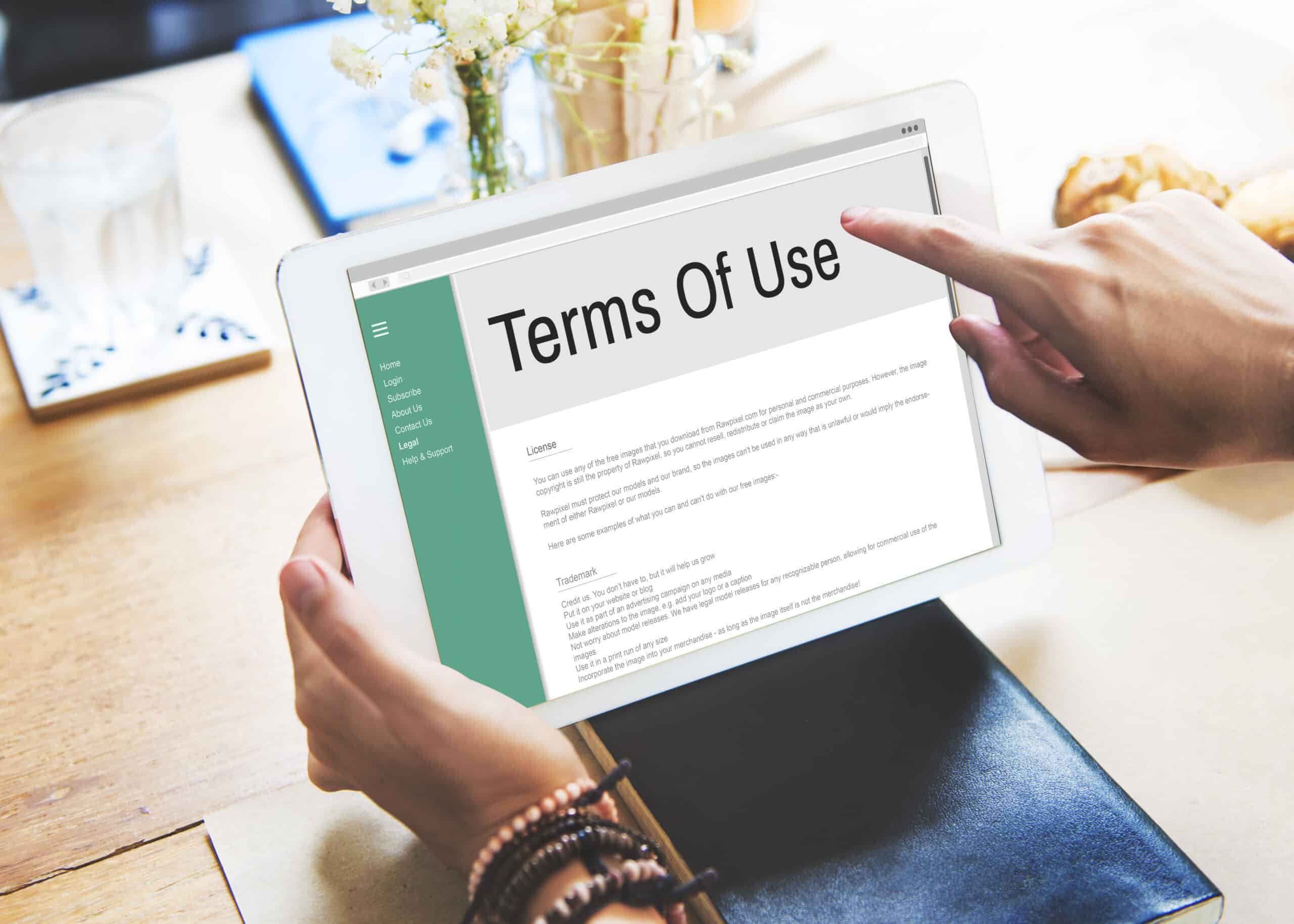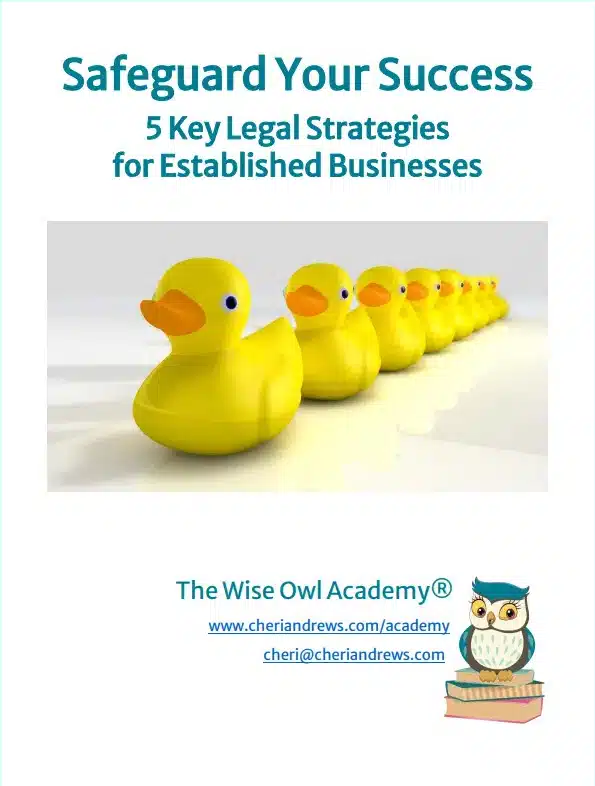As small business owners the last thing we want to deal with is a tax audit. This article discusses best practices to avoid a tax audit.
What are my chances of getting audited anyway?
According to an article on chron.com, the IRS audits approximately 1% of all tax payers in any given year. While that may mean you have a 99% chance of NOT being audited, it still means the IRS scrutinizes a LOT of folks. And that 1% figure jumps to 2.5% for small businesses. You are more than twice as likely to face an audit as a small business owner! Among the most audited are sole proprietors or LLCs with $100-$200K in gross revenue. Also, the IRS may initiate an audit up to three years after you file a return. So even if you think you skated through on last year’s return, you could still face an audit.
How can you reduce your chances of an IRS audit?
Check Your Math.
Double check your math. Math mistakes trigger a tax audit if your numbers don’t add up when the IRS runs them.
Avoid Losses.
Don’t report recurring losses if at all possible. If your business reports a loss three years running, or 2 out of last 5 years, the IRS may reclassify your business as a hobby. This means the IRS disallows your “business” deductions and you could owe substantial taxes plus interest and penalties.
Reasonable Salaries.
If you are taxed as a corporation, be sure to pay reasonable shareholder (member) salaries. Reasonable is defined by your industry and in line with your company revenue. A salary that is either too low OR too high may trigger a tax audit.
Proper Classification.
Properly classify the help you hire as independent contractors or employees. If you aren’t sure how to classify your workers, talk to your attorney. Because it is very important to understand the requirements to classify a worker as an independent contractor. If you misclassify a worker, you will pay all the federal/state/local taxes that should have been withheld plus interest and penalties!
File on Time.
File by the deadline so the IRS processes your return “with the pack.” Filing with the pack means IRS employees will have less time on each return and may not scrutinize as closely. When you file late, after most returns are processed, the IRS employees will have more time to review your return and may be more likely to find errors, leading to an audit.
Don’t Estimate.
Avoid estimated or round numbers. If you spent $791 on office supplies, don’t round it up to $800 – report actual numbers. Indeed, if you report round numbers, the IRS thinks you are guessing. And they don’t want guesses. They want actual numbers supported by appropriate receipts and records.
Report Deductions Accurately.
High deductions for meals & entertainment, charitable contributions, vehicle, or home office expenses also trigger tax audits. Make sure your expenses are appropriate for your work, industry, and revenue.
Make Quarterly Payments.
If you expect to owe taxes, make quarterly estimated tax payments. Failure to do so can result in interest and penalties.
Conclusion
It almost goes without saying that the best way to avoid an audit, or to be prepared in the event you become subject to one, is to maintain solid record keeping practices. Keep your business and personal expenses separate. Retain receipts for all expenditures. And get the help of a CPA to file your return so that everything is reported accurately and all the necessary forms are included.













